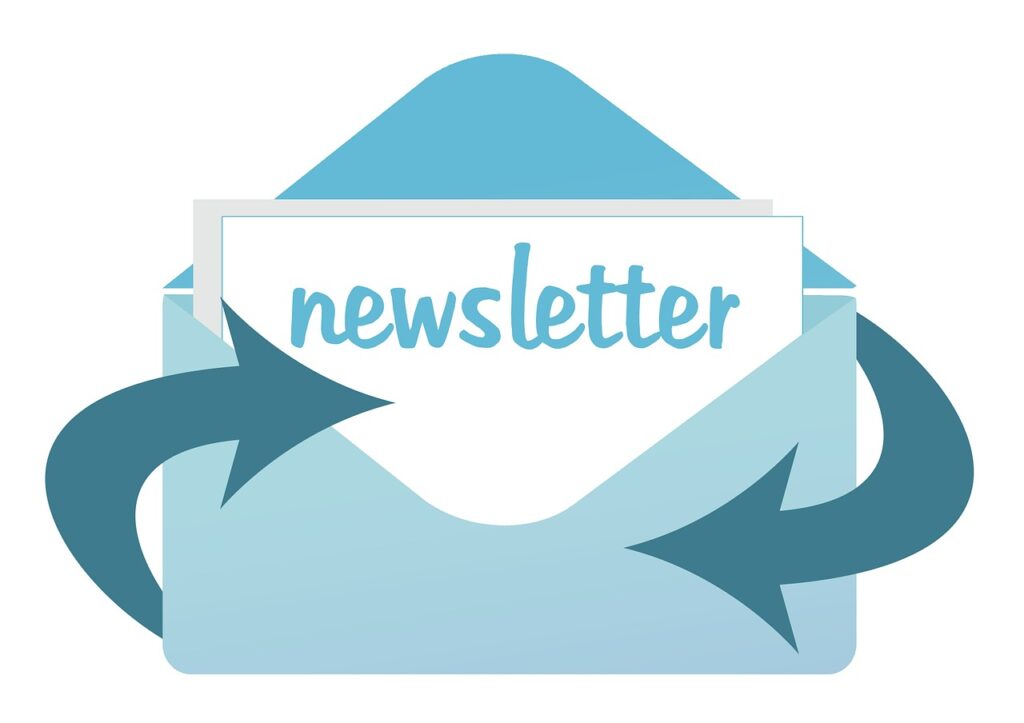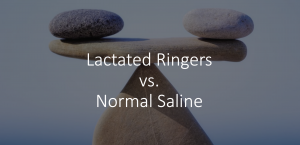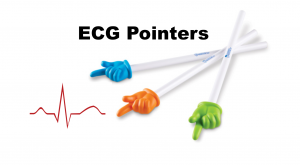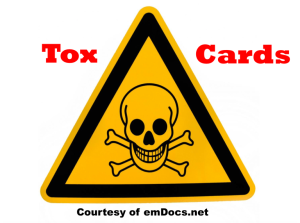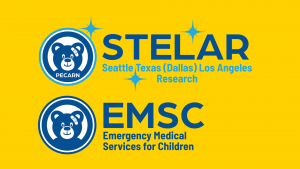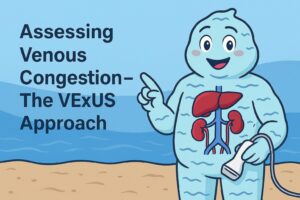Author: Rob Bryant, MD (@RobJBryant13, EM Attending Physician, Utah Emergency Physicians; Adjunct Assistant Professor, University of Utah Division of Emergency Medicine) // Edited by: Alex Koyfman, MD (@EMHighAK) and Brit Long, MD (@long_brit)
1) Why still Emergency Medicine?
As much as I love my job, I also really like not being at work. Emergency Medicine gives me the opportunity to be intensely involved in the care of my patients while they are in my ED, but to then go home and not be woken at 2am by those same patients. No other specialty offers the variability of Emergency Medicine, and the opportunity to completely disconnect.
I like having to know a little bit about everything, and I know I would get bored if I was saddled with a single organ system or age group. I have the world’s worst name recollection, so I had to choose a specialty that wasn’t dependent on my ability to remember patient’s names. I wasn’t smart enough to be a pathologist, and was too narcoleptic to be a radiologist, which left emergency medicine as the only viable option.
2) Most impactful case.
My #thosewecarry moment occurred in 2009. I had a woman in her 20’s die in front of me from swine flu myocarditis. She had been seen 4 days earlier and looked like every young, miserable person we had been seeing with H1N1 that summer. She had been getting weak and dizzy at home, so presented via EMS for a repeat evaluation.
She was one of those patients that haunt many of us: she came in talking, and then decompensated in the ED. Her resuscitation culminated in a post intubation arrest.
With the improvement in my resuscitative skillset since becoming a devout follower and member of the FOAMed community, I think her outcome may have been different if I treated her now. I think of her every time I send a healthy, but miserable patient with influenza home from the ED, reinforcing to them the need to return if they worsen in any way. I think of her every time I resuscitate a young, potentially salvageable patient.
3) Most important career decision leading to satisfaction.
Teaching / learning:
In 2011, 7 years out of residency my knowledge base had eroded impressively, to the point that our 2nd year EM residents were not only smarter than me, but also knew it. In a 3 week span I got an iPhone, started listening to EMCrit and ERCast, and attended the Resuscitation conference in Vegas. This awoke the ‘born again learner’ in me, and I have committed to being smarter than an EM2 for the rest of my career. By becoming involved in resident and FOAMed education I have become a better clinician, saved a few more lives in the process, and rekindled my passion for emergency medicine.
4) What does future of EM look like?
Emergency Medicine is well positioned to take an active role in improvements in multidisciplinary care. As early adopters of simulation, we have a lot to offer our inpatient colleagues as we as a medical community strive to improve patient care and patient safety.
Emergency medicine is a young specialty and will continue to take a leadership role in the house of medicine.
5) Greatest achievement / why giving back is important.
I really like to hear feedback from clinicians (paramedics, flight nurses, residents) that have had impactful experiences with their patients as a result of something they have learned from me (which is often something I have learned from the FOAMed community via Twitter and passed on to my learners). Paying our education forward and embracing our duty to educate is important.
6) Favorite failure.
Two years out of residency, at the height of my ‘I can visually diagnose anxiety, I don’t need labs’ post-residency arrogance, I was served up a giant slice of humble pie (which always tastes awful!). I had a 40-year-old female present with her mother for shortness of breath. She appeared anxious, was disheveled, had a layer of fur-like dried saliva on her teeth, and a heart rate of 120 that did not respond to a half gallon of saline and 2mg of Ativan.
One of our experienced nurses said ‘Hey Rob, do you want to check a blood sugar on her?’. I said ‘Whatever Ray.’ Then, with a shit eating grin on his face, he replied: ‘Its 540.’
It turned out she was a high functioning college professor with new-onset diabetes in DKA with a pH of 7.01.
7) One thing you would change about our field.
I would love to have a little more respect for emergency medicine as a specialty. A lot of our inpatient colleagues fail to realize that we do in fact send a lot of our patients home! Having consistent practice patterns within the ED group, and having a healthy relationship with the hospitalist group, go a long way toward achieving this goal.
8) Something that you love that has indirectly impacted your EM career.
I love mountain biking, trail running, and cross-country skiing. My brain function, shift endurance, and tolerance levels are directly proportional to my level of physical fitness. The better shape I am in, the better shape my brain is in. I unfortunately continue to relearn this lesson as I also love to eat and drink as much as I like my aerobic pursuits.
3 people you’d like to see fill this out
1) Megan Fix
2) David Hindle
3) Rob Orman
